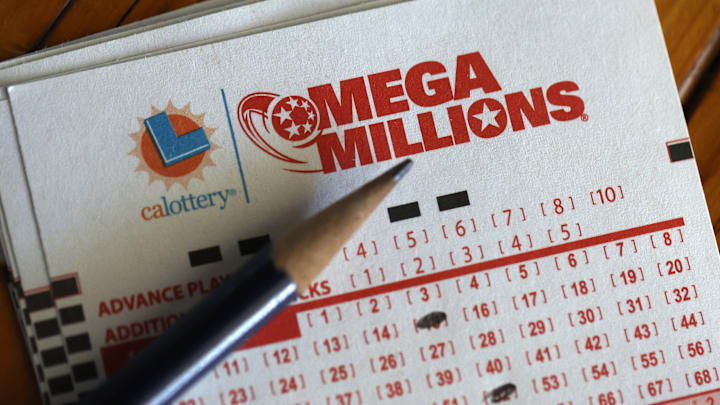It’s been more than three months since someone came forward with a winning Mega Millions ticket, and the prize is as big as it has ever been. The jackpot is estimated to stand at $1.55 billion as of August 8, 2023, making it the lottery’s biggest potential payday since the last record was set in 2018. The chances of winning are slim, but it doesn’t hurt to be prepared: If your ticket matches the winning numbers, here’s the first decision you need to make before your life changes.
While $1.55 billion is the number that’s being advertised, Mega Millions won’t be handing over a check for that amount to the winner. Whoever holds the winning lottery ticket will be given two options: They can collect their winnings as a one-time lump sum that’s less than the value of the total jackpot (in this case, it would be $757.2 million), or they can receive the full amount in annual installments stretched out over 29 years. Winners who choose the installment or annuity plan will be given one large payment upfront followed by checks that grow by five percent each year.
Collecting the money and running is tempting, and it’s the option that most lottery winners end up choosing. But according to money experts, that’s the wrong move—not only because you’re getting less money in the long run, but because it leaves you vulnerable to bad luck and poor financial planning. “If you get a huge lump sum, it’s easier to make a mistake, whereas if you choose the annuity, then at least if you mess up and blow the first year’s worth, you have another chance,” financial planner Nick Coleman told CNBC in 2017.
Even Shark Tank investor/multi-billionaire Mark Cuban agrees that annuity is the safer bet. In 2016, he told the Dallas Morning News that it helps winners avoid blowing all their winnings at once.
No matter which option winners choose, they can’t avoid losing a sizable chunk of their prize to taxes. After federal taxes, the lump sum of the latest Mega Millions jackpot will come out to around $575 million—and that’s not including state income taxes and what the winner will have to pay come tax season. The annuity plan isn’t exempt to taxation, but it adds up to more money overall after 29 years.
A version of this story ran in 2018; it has been updated for 2023.
